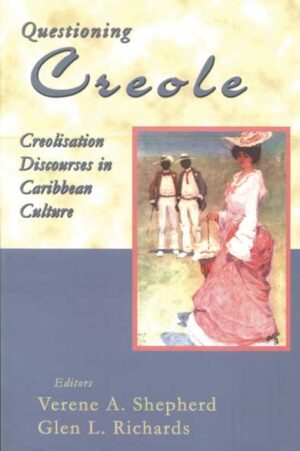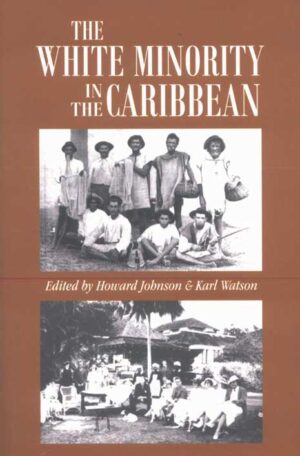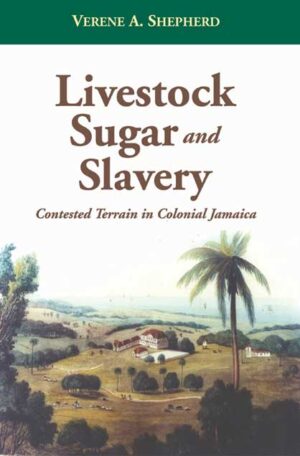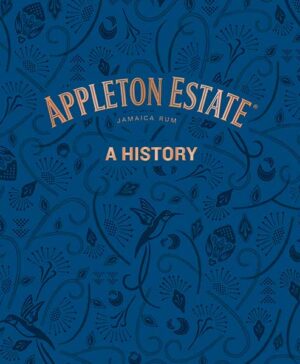Livestock, Sugar and Slavery: Contested Terrain in Colonial Jamaica
$22.95
Devoted primarily to the slavery era, the book examines the evolution and expansion of the pen-keeping industry, the role and status of the pen-keepers and the experiences of enslaved labourers on pens.
By: Verene A. Sheperd
Also available in Hardback
Description
The economic and social history of Jamaica has been dominated by a tradition of scholarship that has tended to focus on the study of the ruling sugar planter elite – the ‘sugarocracy’- considered more socially significant than non-sugar producers. Indeed, non-sugar producers. Indeed, non-sugar producing units have been regarded as representing a ‘divergent pattern’ of social and economic development. Livestock, Sugar and Slavery broadens the economic and social history of Jamaica by turning the spotlight on those involved in raising livestock rather than sugar cane in colonial Jamaica.
Devoted primarily to the slavery era, the book examines the evolution and expansion of the pen-keeping industry, the role and status of the pen-keepers and the experiences of enslaved labourers on pens. Above all, the book argues that the relationship between those who raised livestock and those who raised sugar cane, while symbiotic in one sense, was also conflict-ridden in another. Pens, though emerging in the pre-sugar era when they had an independent economic dynamic, had developed into virtual adjuncts of the sugar industry by the 18th and 19th centuries, leading to contests between sugar proprietors and pen-keepers over land, boundaries, enslaved labourers, and social and political status. This comparative study of pen-keepers and sugar planters also demonstrates that the ‘ranking game’ was intensely practised in the age of modernity.
Additional information
| Weight | 2 lbs |
|---|---|
| Dimensions | 9 × 6 in |
| ISBN | 978-976-637-256-9 |
| Binding | Paperback |
| Page Count | 320 |
| Publication date | 2009 |
Contents
List of Figures and Tables
Foreword
Preface
Introduction
Conventions and Abbreviations
- Raising Livestock in the Pre-Plantation Era
- The Interplay of Livestock and Cane: Contests over Land for Commodity Production
- Trade and Exchange: Contesting the Classic Plantation Trading Arrangement
- The Pen-Keepers Emergence, Demographic Profile and Economic Status
- The Pen-Keepers: Socio-Political Status, Ideology, Relationships and the ‘Ranking Game’
- The Enslaved on Pens: Demographic Profile and Work Culture
- Contesting Slavery: Negotiations for Freedom in the Slave System
- Post-Slavery Adjustments
Conclusion
Notes
Bibliography
Index







